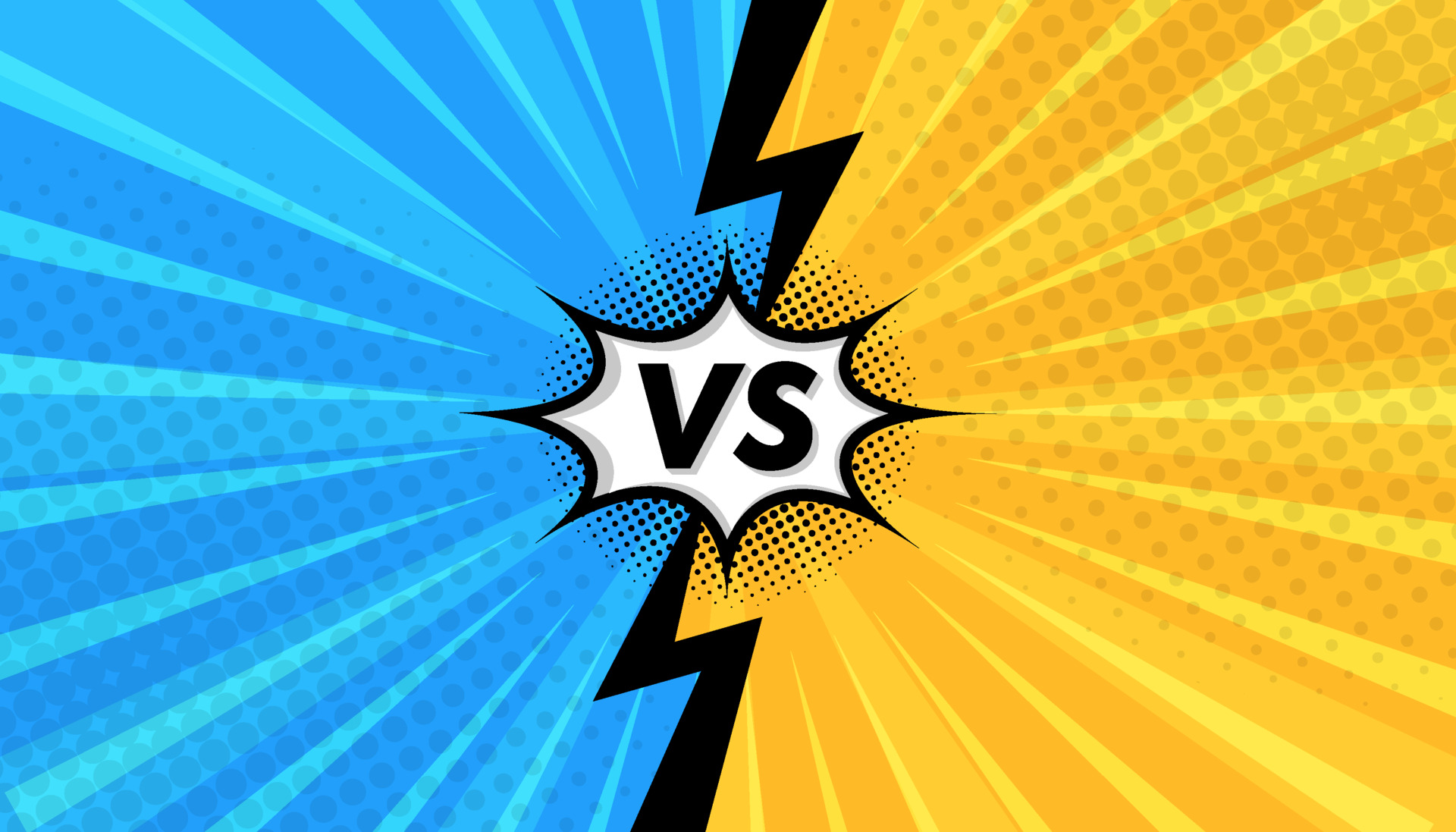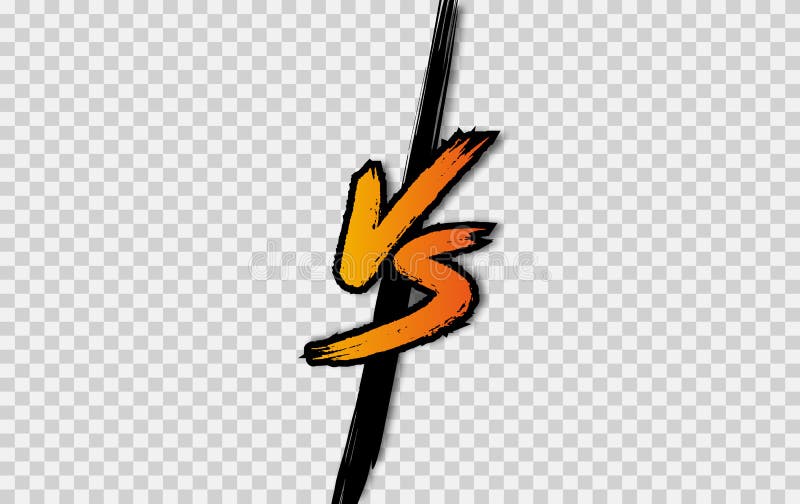So, you’re tackling that grimy patio, porch, or driveway, and you’re weighing your options: a good old-fashioned outdoor floor scrub brush, or a powerful pressure washer. Both get the job done, but which one reigns supreme? The answer, as with most things, depends on your specific needs and the level of grime you’re facing. This in-depth comparison will help you decide which tool is the better fit for your outdoor cleaning endeavors.
The Humble Scrub Brush: Elbow Grease and Effective Cleaning
Let’s start with the underdog: the outdoor floor scrub brush. While it may lack the raw power of a pressure washer, it possesses its own undeniable strengths. Think of it as the classic, reliable workhorse. It’s often significantly cheaper upfront, requiring no gas, electricity, or specialized maintenance. Its simplicity is its greatest asset. You just add water, scrub, and rinse—no complicated setup or learning curve involved.
Different scrub brushes cater to varying needs. You can find brushes with stiff bristles for stubborn stains, softer bristles for delicate surfaces like wood, and even brushes with long handles to avoid back strain. The ergonomic design of some brushes further reduces physical effort, making the job more manageable. Consider the size and material of the brush head when choosing one. A larger head covers more surface area per stroke, speeding up the cleaning process.
When to choose a scrub brush: Ideal for smaller areas, delicate surfaces (like stone patios needing gentle cleaning), and when you prefer a more hands-on, environmentally friendly cleaning method. It’s also perfect for those who prioritize a low-cost, low-maintenance approach. It’s surprisingly effective on less-stubborn dirt and mildew.
The Pressure Washer: Power and Efficiency for Tough Jobs
Now, let’s talk about the heavyweight contender: the pressure washer. This powerhouse boasts incredible cleaning capabilities, blasting away dirt, grime, and even stubborn mold with high-pressure water jets. This efficiency makes it perfect for large areas, heavily soiled surfaces, and tackling projects where a scrub brush would simply take too long.
Pressure washers come in various sizes and power levels, ranging from compact electric models for smaller jobs to gas-powered behemoths capable of tackling even the toughest cleaning tasks. The key specifications to consider include:
- PSI (pounds per square inch): This measures the water pressure. Higher PSI is generally better for tougher cleaning, but excessive pressure can damage certain surfaces. Choose a PSI appropriate for your surfaces.
- GPM (gallons per minute): This represents the water flow rate. Higher GPM means faster cleaning, but it also increases water consumption.
- Engine type: Electric pressure washers are quieter and easier to maintain, ideal for smaller yards. Gas-powered models offer more power and portability, perfect for larger areas or heavy-duty cleaning.
- Torque (for gas models): Torque is crucial for gas-powered pressure washers. Higher torque allows the engine to more easily overcome resistance (like a clogged nozzle or a particularly stubborn stain), leading to smoother operation and longer engine life. Look for models with high torque ratings.
Why Torque Matters in a Pressure Washer: Just like in a car, torque in a pressure washer’s engine measures its rotational force. A high torque rating means the engine can powerfully drive the pump, even under load. This is essential for maintaining consistent pressure when faced with challenging cleaning scenarios. Low torque can lead to the engine struggling, causing inconsistent cleaning and potentially damaging the engine.
Pressure Washer Engine Options: Gas vs. Electric

Choosing between a gas and electric pressure washer largely depends on your needs and preferences. Electric pressure washers are generally quieter, easier to start, and require less maintenance. They are perfect for smaller projects around the house or apartment. However, their power is usually limited compared to gas-powered models. Gas-powered pressure washers offer significantly more power, crucial for cleaning large areas, removing heavy grime, and tackling tougher jobs. However, they are louder, require more maintenance, and need fuel.
Pressure Washer Comparisons: A Look at Top Brands

Several leading brands dominate the pressure washer market. Researching models from brands like Simpson Cleaning, Generac, Ryobi, and Karcher will reveal a wide range of features and price points. Comparing their PSI, GPM, engine type, and torque ratings will help you find the model best suited to your needs and budget. Pay attention to user reviews; they often provide valuable insights into real-world performance.
Practical Advice and Considerations

Before investing in a pressure washer, consider the surfaces you’ll be cleaning. Certain materials, like wood, require lower PSI settings to avoid damage. Always test the pressure washer on a small, inconspicuous area first. Also, remember that a pressure washer is not a magic bullet. For extremely stubborn stains, pre-treating with a cleaning solution is often necessary.
The Verdict: Scrub Brush or Pressure Washer?
Ultimately, the “better” choice depends entirely on your specific circumstances. The scrub brush is ideal for smaller, less-demanding tasks, offering a low-cost, environmentally friendly solution. However, for large areas, heavy grime, and demanding cleaning projects, the power and efficiency of a pressure washer are unmatched. Weigh the pros and cons of each, consider your budget and the scope of your cleaning project, and choose the tool that best aligns with your needs.
No matter which option you choose, remember to always prioritize safety. Wear appropriate safety gear, follow manufacturer instructions, and respect the power of your chosen tool. Happy cleaning!


